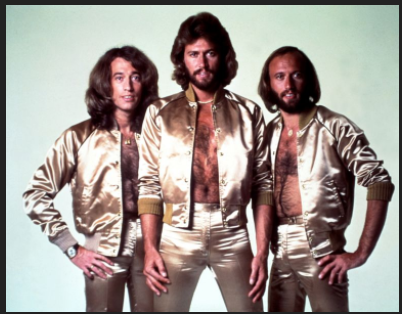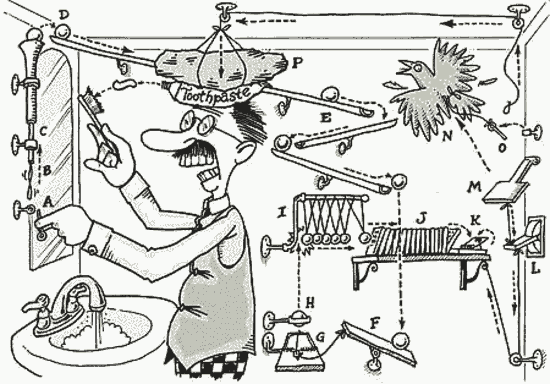The Beatles WERE pop music in the 60s, but when they broke up The Bee Gees took over in the 70s.

When we talk about pop music, we mean the top 40 record charts and the sales of singles. It was a different world and a different musical industry in those pre-digital days.
The Bee Gees were melodic songwriters and harmonic singers. The brothers Gibb started at an early age (twins Robin and Maurice were only 5) so they were perfectly synchronized as songwriters and performers in a way that only family members can be. Unlike Lennon and McCartney, they weren’t soul mates, so there was competition and tension among the brothers that uniquely shaped their music.
Unfortunately, by the 70s, pop music veered away from melody and harmony and directed itself toward beats, rhythm, dance music.
“Listening Music” could be danced to, but not all dance music was listened to. It was a trigger for brain-stem reflexes that got people tapping their feet, snapping fingers, clapping hands, and moving on the dance floor. Lyrics were not necessary, and devolved into patter, doggerel, and cliche.
When the BGs started writing dance music, it was characteristically melodic and they used their harmonies to great effect. Some of the falsetto harmonies are absolutely out-of-this-world.
But by popularizing disco for the mainstream audience, they opened the door to the crass commercialization and eventual degradation of it. The sterling example in this video is “Disco Duck.”
Everybody had to jump on the Disco bandwagon — The Stones, Rod Stewart, and even Johnny Mercer (he did “That Old Black Magic” as disco!).
Eventually (quickly), the Gibbs saturated the market to the point that they became unpopular. A harsh blowback of “I Hate Disco” followed, the their music would not get played on the pop stations. Even if their name was poison to radio programmers, their music was still covered and they still wrote new material for a variety of artists — Barbra Streisand, Kenny Rogers & Dolly Parton, and a host of others. Oh yeah, and they gave some of their fame to younger brother Andy Gibb who had a bunch of smash hits before dying of drug abuse at age 30.
Today, we are in an era of niche-markets although there is still a mainstream music market. However, the numbers are much smaller today — it’s not easy to earn a million dollars when Spotify only pays something like 1/1000th cent royalty.
You might say there were two Bee Gees — the Before and After Disco groups.
But there are more than two types of Bee Gees fans — there are the Before Disco, the After Disco, and those who love everything the Brothers Gibb ever did.
POSTSCRIPT: Sir Barry Gibb is the sole surviving of the four brothers (they also had one sister, oldest sibling Lesley Evans, still living) and is actively performing at age 74. That makes a 65 year career — and still going.

